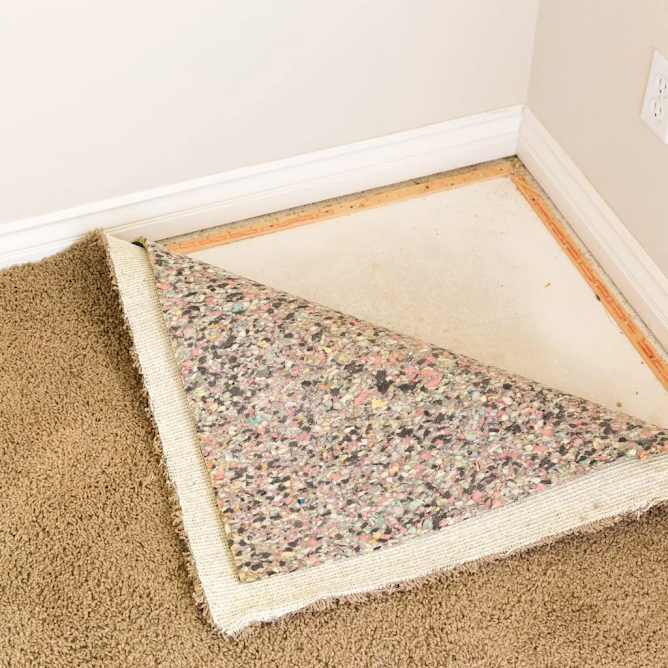What to Know Before Installing Artificial Grass: Essential Considerations
You’ve seen it in sports stadiums, on the grounds of commercial property and maybe even in your neighbors backyard. Artificial Grass Abu Dhabi is a synthetic, man-made grass that is used in place of natural lawns to save time and money on watering, mowing, and weed control. While many people choose to use fake grass for a variety of reasons, the environmental impacts are worth considering.
The mottled coloration, shape, and springiness of natural grass
The premise behind most artificial grass is that the plastic fibers mimic the mottled coloration, shape, and springiness of natural grass. But the truth is that most of these products are a mixture of various types of plastics, and if not disposed of properly they can be a significant threat to the environment.
It difficult to recycle
For example, a typical 1010 artificial grass lawn uses over 25 pounds of plastic. This is a large amount of plastic to dispose of, especially since it will likely be recycled only once or twice. Additionally, the plastic will often have contaminants in it like soil and grit from being used on a lawn. This makes it difficult to recycle, and if the grass is not cleaned properly before recycling it can cause damage to the machinery that processes the plastics.
Creates a dense barrier over the ground
Another problem with artificial grass is that it creates a dense barrier over the ground, preventing worms and other microorganisms from reaching the soil underneath. This is a serious concern in Arizona, where the limited supply of water has caused cities and HOAs to strictly limit home lawn plant species and require artificial turf. This makes it impossible to grow any type of grass in some areas and can be a serious hardship for families.
Most synthetic lawns contain chemicals that are not good for the environment
Furthermore, most synthetic lawns contain chemicals that are not good for the environment. This includes things like petrochemicals and heavy metals that are released when the artificial turf is disposed of or burned in landfills. The best way to reduce this impact is to find a company that produces artificial grass with no heavy metals, is made of recycled materials, and utilizes non-toxic adhesives for installation.
In addition to being less eco-friendly, some artificial lawns can be unsafe for children and pets. For example, if the Artificial Grass Abu Dhabi is not installed properly, it can develop joint lines that are extremely dangerous to walk on barefoot. This problem can be avoided by finding a reputable installer that has extensive experience with synthetic grass.
Conclusion
It’s also important to make sure that you purchase a high-quality artificial lawn that is backed by a strong warranty and guarantee. This will ensure that you are getting the best value for your money and will have peace of mind in knowing that the grass will not only look great but will also stand the test of time. Lastly, it is important to buy American-made products, as this helps to support local jobs.




Comments
Post a Comment